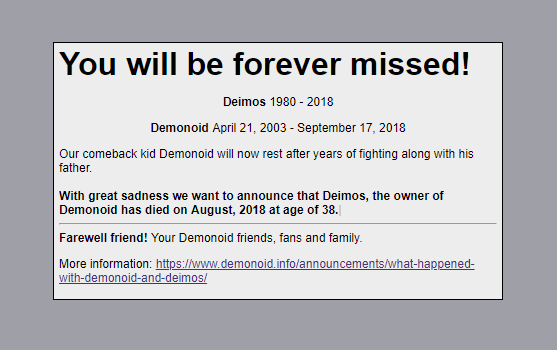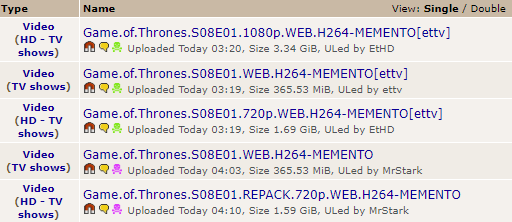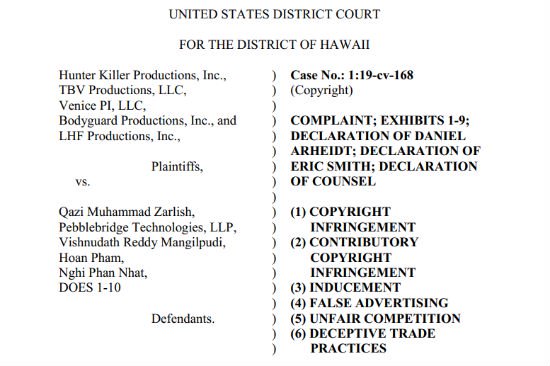
On Monday, the EU Council of Ministers approved the Copyright Directive, which includes the controversial Article 17 (formerly 13).
The law requires platforms like YouTube and Facebook, for example, to sign licensing agreements with creators in order to use their content.
If that is not possible, the platforms will have a responsibility to ensure that infringing content uploaded by users is taken down and not re-uploaded to their services.
Much of the furious debate leading up to the initial adoption of the Copyright Directive by the EU Parliament (March 26, 348 Members of Parliament in favor, 274 against, and 36 abstentions) centered on the fear that platforms including (but not limited to) the above would have to install upload filters to comply with the take down and stay down requirements.
Proponents, on the other hand, said that the text doesn’t mention upload filters at all, and that those claiming otherwise were being alarmist in order to prevent the Directive from passing. It’s perhaps telling that no one has yet presented any workable alternative to upload filters.
In a statement issued by Germany in the wake of Monday’s vote, the government effectively admits that upload filters are not a great idea but will be required under Article 17 (formerly 13) if no one can come up with a better solution. In fact, it says their use is “likely”.
“There is indeed consensus that creators should be able to partake in the exploitation of their works by upload platforms. Article 17 of the Directive establishes an obligation to ensure the permanent ‘stay down’ of protected content which raises the likely use of algorithmic solutions (‘upload filters’) which have raised serious concerns and broad critique among the German public,” the statement reads.
Noting that that government wants to support performers, authors, and indeed all creators to use technology to create and distribute their work, it adds that the protection of that work and the right to earn revenue from it is paramount.
However, it also wishes to respect fundamental rights wherever possible, while preserving the right to use protected works “where permitted by legislation” on upload platforms.
The government says that the European Commission is “obliged to enter into a dialog with all concerned parties” to develop guidelines for the application of Article 17, but that doesn’t guarantee that “upload filters” won’t be required if all else fails.
“The government, therefore, assumes that the dialog will be borne out of the desire to ensure appropriate remuneration for creators, as far as possible prevent ‘upload filters’, safeguard freedom of speech and preserve user rights,” it writes, as per a translation by Sebastian Schwemer.
So, “..as far as possible prevent ‘upload filters’” is apparently the standard for Germany, probably the single most powerful player in the EU. Given the reputation of filtering technologies to go wrong at the worst possible time, opponents of the Directive will be saying “told you so.”
On the plus side, Germany appears to have listened to some of the general concerns previously voiced by its own Federal Commissioner for Data Protection and Freedom of Information.
It notes that the EU “should support the development of open-source technologies with open interfaces (APIs)” while finding solutions that “counter a de facto copyright register in the hands of dominating platforms via public, transparent reporting processes.”
The German statement also insists that the new rules will only be aimed at “market-dominating” platforms and will specifically exclude sites like Wikipedia, Github, blogs, forums, messenger services like WhatsApp, and cloud storage platforms. But, of course, time will tell – the Internet tends to develop at a pace faster than law and nothing offered in this statement is legally binding.
EU member states will have two years to implement the grand aspirations of the Copyright Directive into local law, and that includes those who voted against it – Netherlands, Luxembourg, Poland, Italy, and Finland – who have negative views of the legislation.
“The objectives of this Directive were to enhance the good functioning of the internal market and to stimulate innovation, creativity, investment and production of new content, also in the digital environment. The signatories support these objectives,” the five countries said in a joint statement.
“However, in our view, the final text of the Directive fails to deliver adequately on the above-mentioned aims. We believe that the Directive in its current form is a step back for the Digital Single Market rather than a step forward.
“Most notably we regret that the Directive does not strike the right balance between the protection of rights holders and the interests of EU citizens and companies. It therefore risks to hinder innovation rather than promote it and to have a negative impact [on] the competitiveness of the European Digital Single Market.”
While YouTube and Facebook already have filtering systems in place, they aren’t the only players in town. It seems likely, therefore, that the next two years may yet prove as controversial as the two that preceded them. Memes are probably safe, but other content could have a bumpy ride.
Source: TF, for the latest info on copyright, file-sharing, torrent sites and more. We also have VPN reviews, discounts, offers and coupons.

 As one of the oldest torrent communities, the
As one of the oldest torrent communities, the 
 Yesterday the eighth and final season of
Yesterday the eighth and final season of 
 This week we have two newcomers in our chart.
This week we have two newcomers in our chart.







